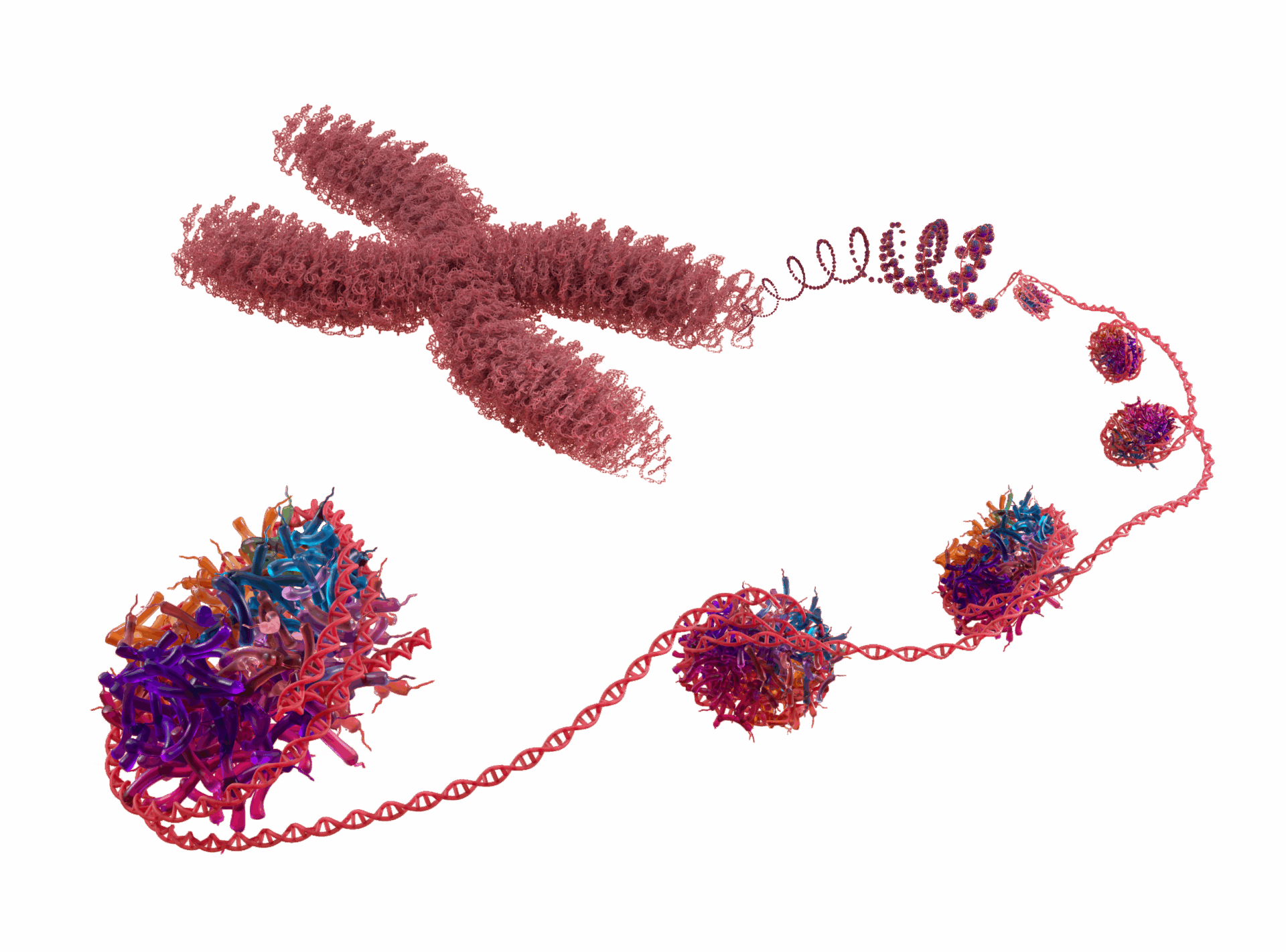-
Nu.Q® Technology
Our technology detects characteristic epigenetic changes in nucleosomes that occur from the earliest stages of cancer, sepsis and other diseases.
-
- Our Tests
- Human Health
-
Nu.Q® NETs
Nu.Q® NETs is a groundbreaking CE-marked diagnostic solution that clinicians can use to detect NETosis.
-
Nu.Q® Discover
Buy our Nu.Q® Discover H3.1 Research Use Only Assay
- Animal Health
-
Nu.Q® Vet Cancer Test
Nu.Q® Vet Cancer Test is an affordable, accessible blood test that detects cancer in dogs.

Genomeweb to Host Volition Webinar on EZH2 Inhibitors.
- Share
- Tweet
- Share on Facebook
- Share
The Long Journey of EZH2 Inhibitors from Imperfect Tools to Precision Medicine
Volition is sponsoring a GenomeWeb webinar on Tuesday 18th April, titled ‘The Long Journey of EZH2 Inhibitors from Imperfect Tools to Precision Medicine‘.
The webinar will be led by Francesca Salani, Francesco Crea, and Terry Kelly.

About the speakers:
Francesca Salani is a practising physician specializing as a medical oncologist at the University of Pisa. She is also studying for a doctorate in translational medicine at Scuola Superiore Sant’Anna with a thesis titled “Epigenetic/Non-Coding Interactome: A Source of Predictive Biomarkers in Advanced Hepatocellular Carcinoma Patients Treated With Immune Checkpoint Inhibitors and Anti-Angiogenic Therapies.”
Her objectives are to discover epigenetic/noncoding biomarkers in hepatocellular carcinoma and endothelial cells in response to immunotherapy and then validate them as predictive response biomarkers in plasma samples from a prospective HCC immunotherapy trial. Dr. Salani has published over 20 articles on cancer therapeutic clinical trials.
Francesco Crea is the director of research at the School of Life, Health, and Chemical Sciences, within the Faculty of Science, Technology, Engineering, and Mathematics, at the Open University in the UK. As a leading researcher in the field of neuroendocrine prostate cancer (NEPC), Crea’s lab has identified a novel, long non-coding RNA driver of NEPC and is developing therapeutic strategies to target oncogenic lncRNAs.
In parallel, he has demonstrated that an EZH2 (Polycomb) inhibitor effectively kills prostate cancer stem cells in vitro and in vivo supporting the clinical entry of EZH2 inhibitors in clinical trials. Crea’s group also identified a prognostic EZH2 variant in colorectal cancer. His work has led to a new paradigm of cancer progression based on an epigenetic/non-coding interactome driving key features of cancer progression, including drug resistance and metastatic spreading. This work builds on an international network of collaborations.
Terry Kelly, the Chief Innovation Officer for VolitionRx and Chief Scientific Officer for Volition America, has over 15 years of experience in epigenetics, including developing novel technologies and seeing them through to commercialization. Her laboratory is based in San Diego, where they use a multi-omics approach to understand the basic epigenetic mechanisms that underlie normal biology and how they are mys regulated by, and contribute to, a variety of diseases including cancer and sepsis.
She received her doctorate in neuroscience from UCLA, completed a post-doctoral fellowship in cancer epigenetics from USC Norris Cancer Center, and has previous leadership roles in R&D and custom product and service development. She is an active member of the local community, including sitting on advisory boards.
Subscribe for Volition product updates.
Or, click here for Investor Updates and press releases.
"*" indicates required fields